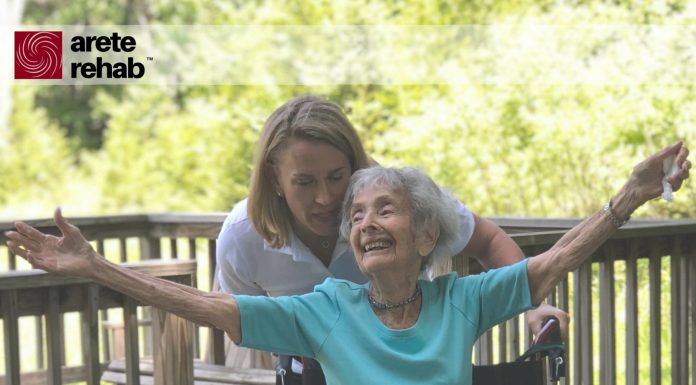Grandma and grandpa don’t typically come to mind when most people think about substance abuse, but senior addiction has become a growing problem. According to data from the National Council on Alcoholism and Drug Dependence (NCADD), nearly half of nursing home residents have problems with alcohol and widowers over 75 have the highest rates of alcoholism in the United States.
Prescription drugs are also an issue for seniors. NCADD also notes that nearly 17 million tranquilizers prescriptions are given to older adults each year.
Triggers for senior substance abuse
When teenagers start abusing drugs, they’re often experimenting or succumbing to peer pressure. When senior adults abuse substances, it’s for entirely different reasons. Typically, seniors who abuse drugs or alcohol aren’t looking for a high. They are often seeking some sort of relief for their physical or physiological symptoms.
This is why seniors are likely to abuse drugs like sleeping pills, prescription painkillers, and anti-anxiety medications. The following are potential triggers that could lead to substance abuse in an elderly person:
- Divorce
- Substance abuse history
- Grief over losing a loved one
- Difficulty dealing with retirement
- Chronic pain
- Recovering from major surgery
How to prevent senior substance abuse
If a loved one seems to be at risk for developing a substance abuse disorder, take an interest in their struggles. Find out how they’re managing pain, and try to convince them to avoid taking opioid painkillers. Opioids are extremely effective at relieving most pain, but it’s easy to become addicted. Regardless of age, someone who is dealing with chronic pain should avoid taking opioids.
Additionally, you may spend more time with a loved one who is going through a major life change. We’re more likely to fall victim to addiction when we’re left to face struggles alone.
Ultimately, though, it’s up to each and every one of us to prevent our own addiction. Keep an eye on your own patterns with alcohol and prescription drugs. You may have to limit things like painkillers, sleeping pills, and alcohol to ensure you don’t get addicted. Limit yourself while you still have a choice. Once addiction takes hold, it’s out of your hands.
How to spot signs of addiction in seniors
Substance abuse often goes undetected in seniors for long periods of time, especially in cases of prescription drug addiction. This is because the signs often mimic common changes we all experience as we get older. The following are some of the common signs of addiction:
- Memory loss
- Social isolation
- Lack of coordination
- Moodiness
- Depression
- Slurred or impaired speech
Many of these signs are also associated with may conditions related to aging, so it can be difficult to tell whether someone’s symptoms are related to addiction. But here’s what you can look for:
- Sudden changes without medical cause
- Symptoms that come and go throughout the day
Whether you think someone you love is currently addicted or just prone to addiction, the best thing you can do is offer your time and attention. Check in on your elderly friends and family and talk to them about how they’re managing things like sleep, pain and life changes. And if you think someone has a problem, talk to them about getting help. The longer they suffer from addiction, the harder it will be to recover.






















